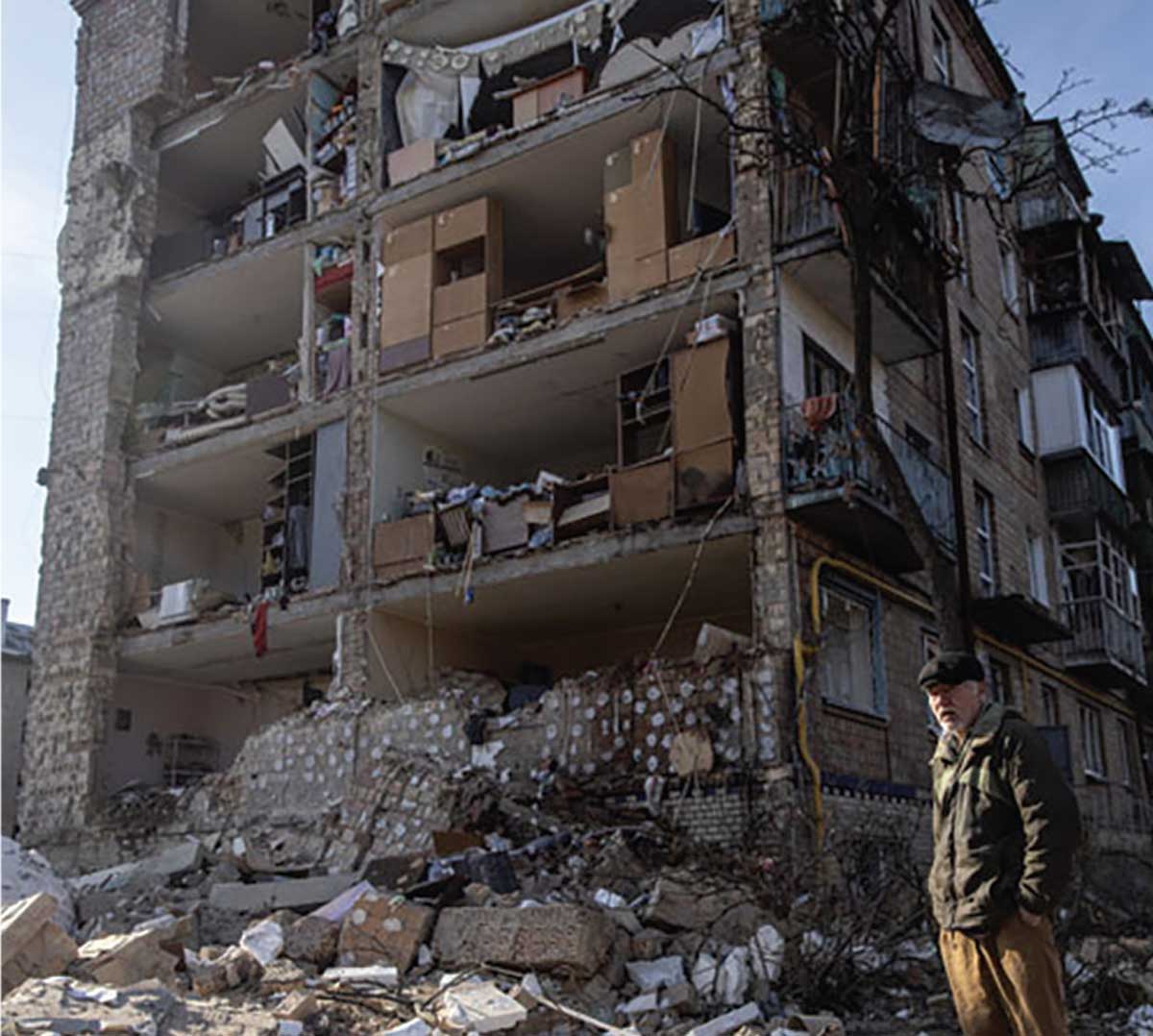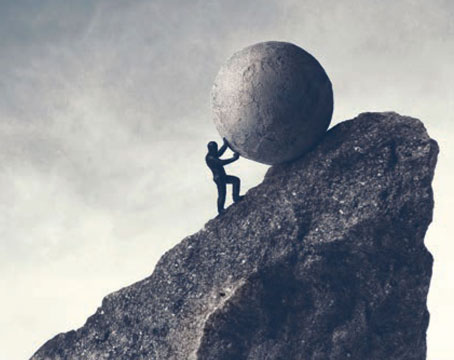 |
| Courtesy of Getty Images. |
Inertia: An object in motion tends to stay in motion. An object at rest stays at rest. Classic textbook definitions that we all learned early on. But the reality of inertia applies to everything—not just celestial bodies—including life itself. We tend to keep doing what we’ve always done. It requires less work this way—less attention—to just carry on under the assumption that we can. In our heads, we take for granted that this is how life is, how it will continue and will always be. We plan on that; we assume it and count on it. And, usually, we’re correct.
However, on some occasions, we’re wrong. In those instances, something changes, sometimes for the better, sometimes for the worse—but usually for the worse. On these occasions, our whole world is upended, and our carefully crafted concept of what our life is, is lost. It could be the sudden death of a loved one, a tragedy at home, a disaster in our community.
Or it could be a prelude to the unimaginable.
As a boomer, I remember hiding under my desk during duck-and-cover drills, the Doomsday Clock sitting at one minute before midnight during the early 1980s, and the sheer horror of the movie “The Day After,” which painted a very real picture of the day after nuclear Armageddon. In the past few decades these fears seemed to fade away.
Humanity appeared to be more aware of the need to limit its stupidities as a species to smaller, albeit no-less-deadly, conflicts. We engaged our enemies and tried to craft bonds that would make war on a wide scale impossible. A globalized economy, freer migration of peoples, the International Space Station, it all gave us some comfort that life will go on, that the fabric of our existence was something you could, in a way, take for granted.
I don’t know what the situation will be by the time you read this; most likely it’ll be far different from now. Russia’s invasion of Ukraine has shaken the world more than any other conflict since World War II. While there have been, and are, quite a number of terrible armed conflicts in other parts of the world, this one isn’t more terrible because it’s in Europe. Its more terrible because, on multiple occasions, lines have been crossed by a nuclear superpower that we had thought would never be crossed, including threatening nuclear retaliation for non-nuclear events; or the head of Russia’s space program threatening to deorbit the International Space station so that it would crash into the United States.
I’m hoping that by the time you read this, neither of the above will have happened. But what has already happened, for me anyway, is the loss of the feeling that life and society as we know it can reliably continue. I used to take that feeling for granted. I suppose that, given all the terrible things that can happen, this was always true and I shouldn’t have had such a sanguine attitude in the first place.
In recent years, we’ve indulged in an expectation of the permanence of our spoiled lifestyles, despite COVID, partisan politics and a lot of other things that really need our attention. But the unfolding events in Europe, because of their unique risks, have the potential to take us to where we never really thought we’d go. This is new ground, and I don’t like it. So, I’ll go back to watching my Twitter feed and trying not to imagine that we can’t put this genie back in the bottle. But I also think I’ll try to find a better desk to hide under.
Dr. Blecher is an attending surgeon at Wills Eye Hospital.





